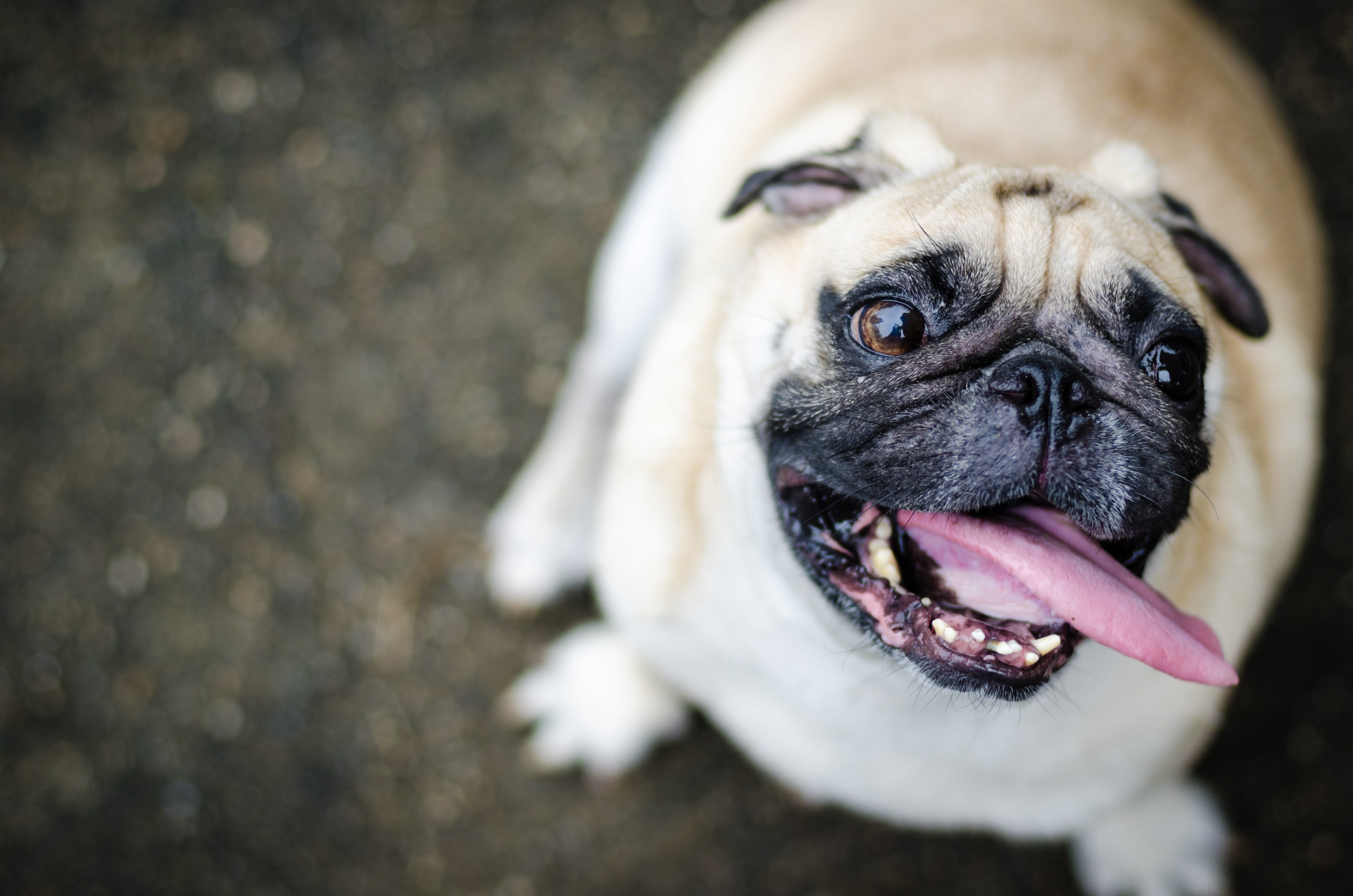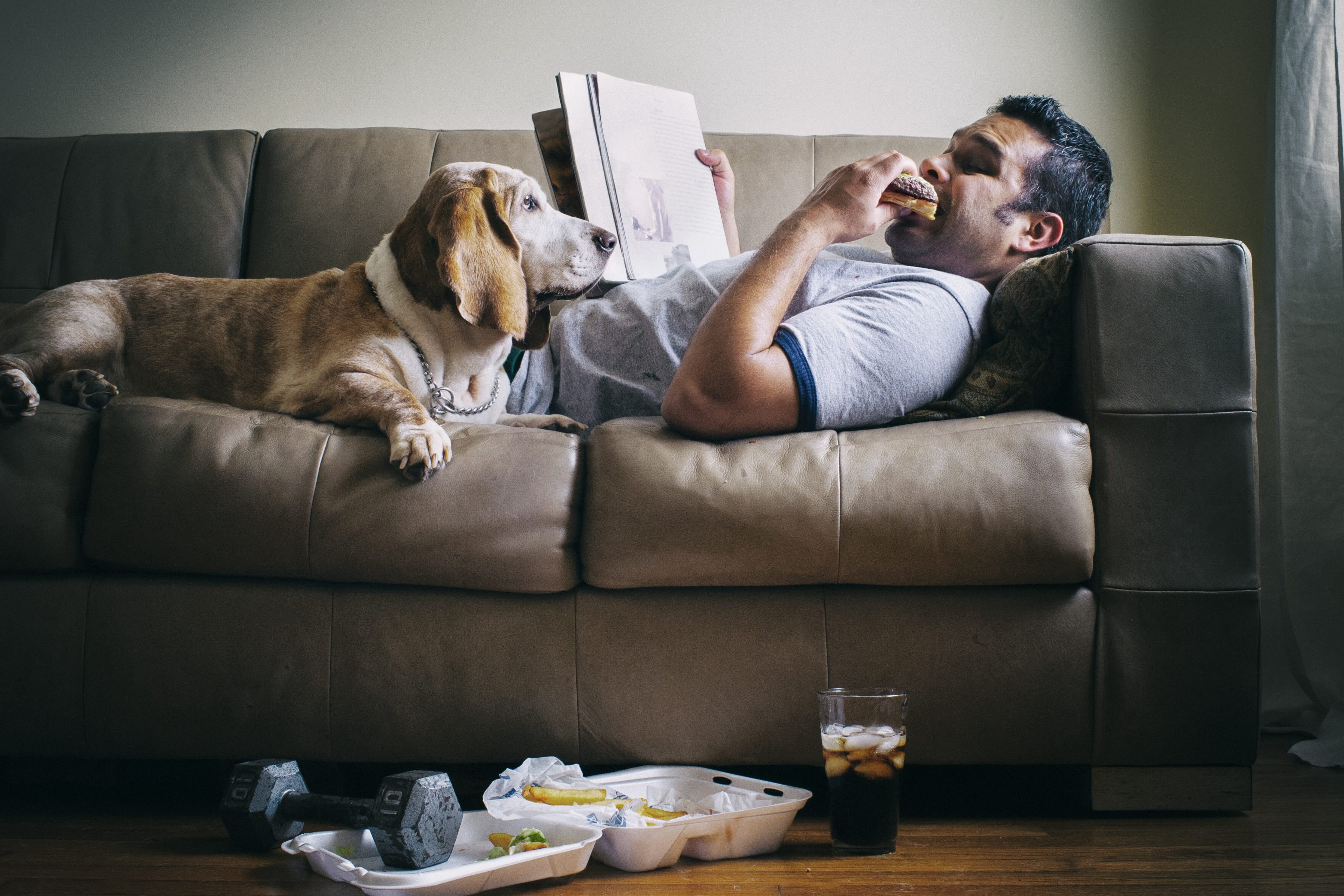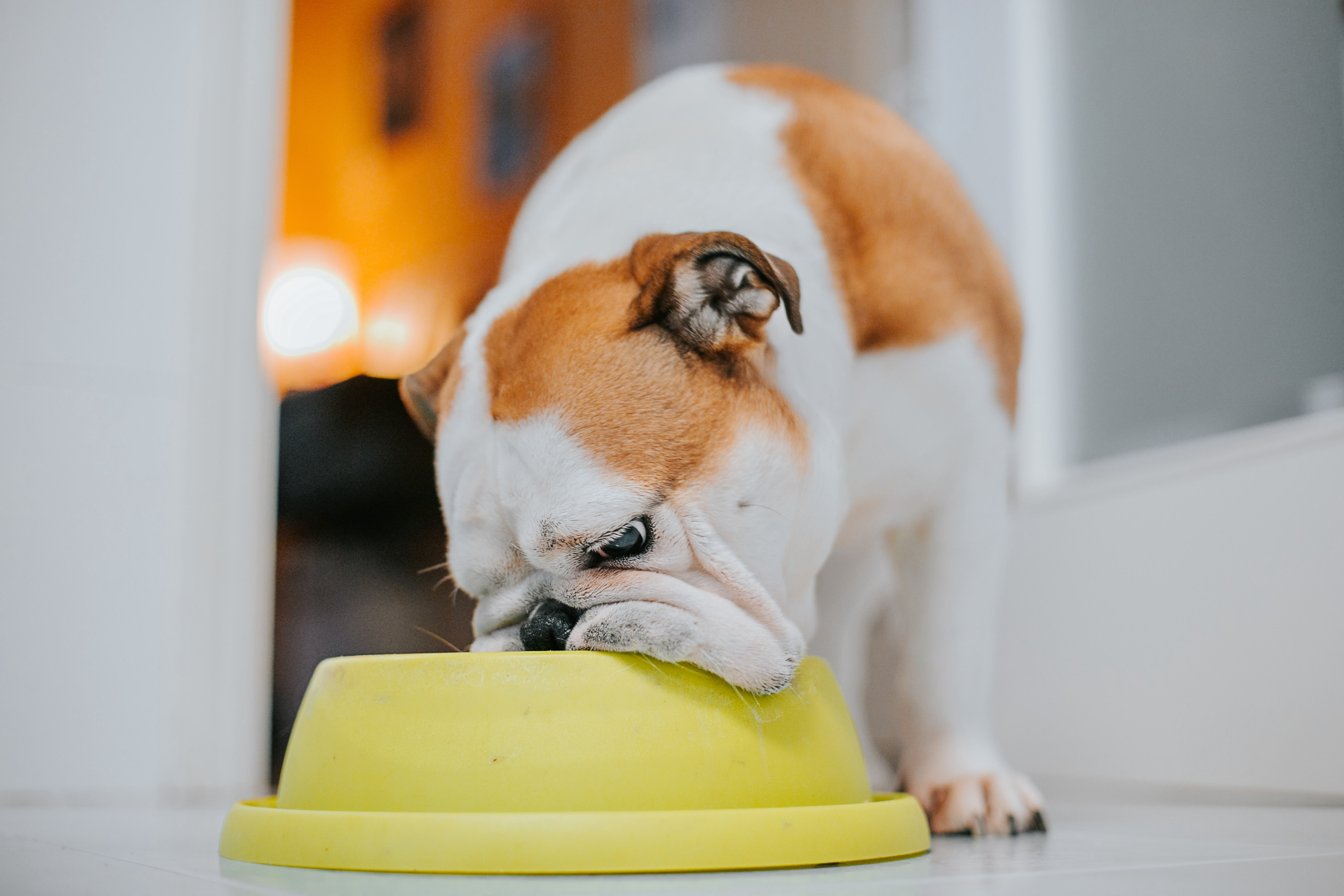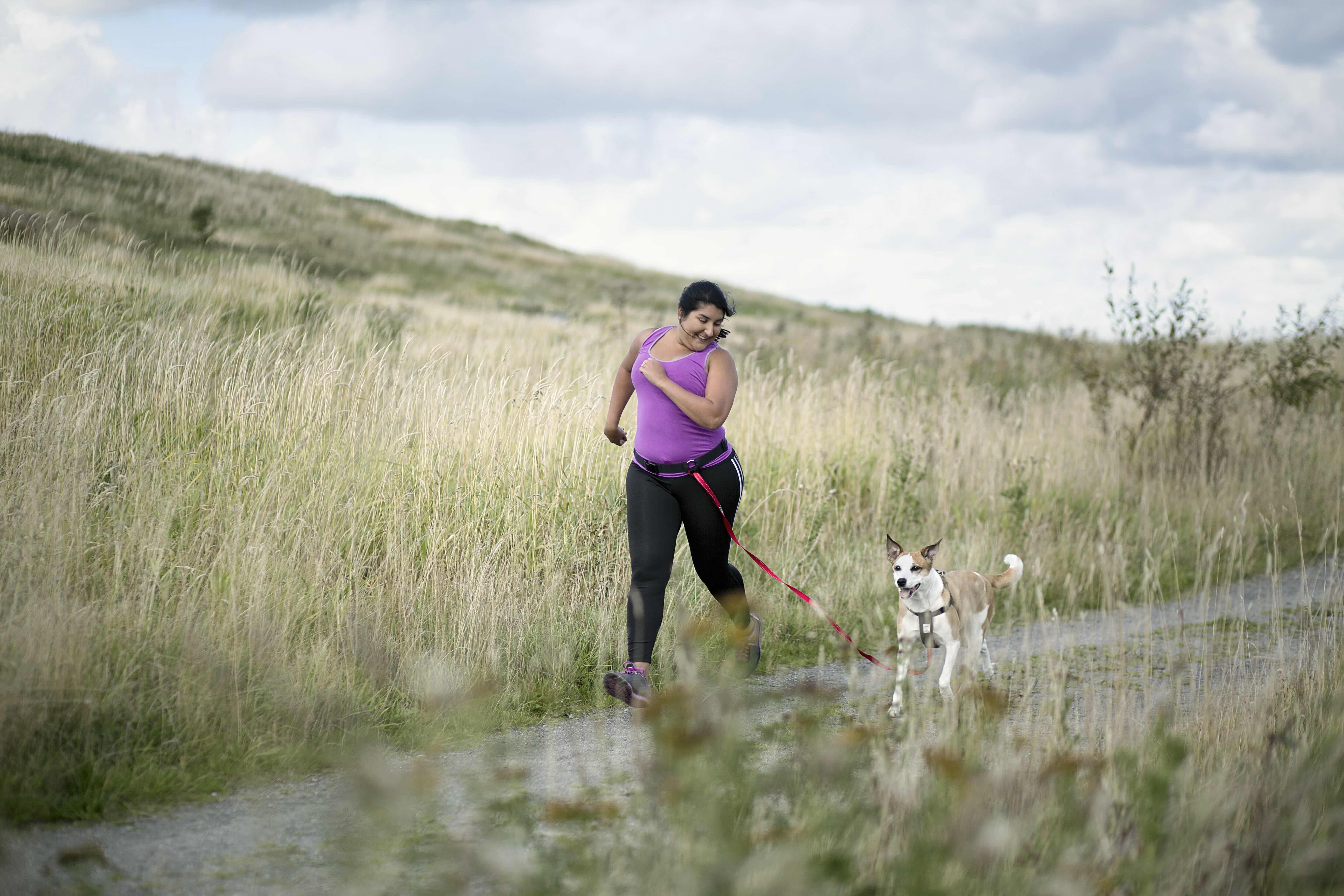
Sciences & Technology
Science can help dogs enjoy their best life

Our pets are getting fatter, and the blame lies with us as we humanise and treat our pets as equals
Published 2 November 2015
People who are overweight are more likely to have fat dogs.
That's according to a researcher in the field of companion animal welfare –and it's a finding which raises ethical questions about how people care for their ‘fur babies’.

In an example of how unconditional love can hurt the animal in human care, a number of studies show a clear link between the relative weight of owners and their dogs, and that owners often underestimate their dog’s weight.
They’re also more likely to let them sleep in their beds and talk to them more.
In fact, the tendency of people to “humanise” their dogs seems to be the root of the problem of proper canine care.
The more the owner ‘humanises’ the companion, the more likely it is to be fat, and the more likely they are to see feeding as the central care-giving and communication task

Sciences & Technology
Science can help dogs enjoy their best life
“There’s evidence from psychological research that problems of overfeeding in companion animals are related to a form of attachment where the animal is seen as an equal, and deserves all the treats and indulgences an owner gives themselves,” says Dr Peter Sandøe from the University of Copenhagen.
Dr Sandøe gave a presentation called “Love Hurts” at the University of Melbourne’s Animal Welfare Science Centre.
He says while keeping dogs, cats and other animals as companions obviously contributes to quality of life for humans, and benefits the animals involved, there’s a ‘dark side’ to human attachment to companion animals.
“Even being moderately overweight seems to have a significant effect in terms of longevity of companion animals,” Dr Sandøe says, “and definitely impacts the animal’s quality of life.”

And while restrictive feeding is physiologically optimal for health in dogs, it can also lead to stress and have negative impacts.
“The challenge for responsible owners is to get the balance right between creating a situation of freedom from hunger and freedom from disease for the dog,” he says.
Associate Professor Leonie Richards from the University's Veterinary Clinical Sciences department, says about a third of dogs that come to her clinic are overweight, some dangerously so.
But there are many others who, like most of us, could benefit from losing a few kilos.
People feel guilted by those big brown eyes and offer food treats instead of other lovely rewards like cuddles or walks and games

Sciences & Technology
Does a wet nose mean a healthy dog?
“Overfeeding and inactivity are the obvious culprits, but some dogs are also very good at manipulating their owners,” Dr Richards says.
She says there is also sometimes a cultural aspect to dogs being overweight, in particular in certain European cultures where loved ones, especially children - and by extension, pets - are encouraged to eat a lot.
“A dog shouldn’t look like a coffee table,” Dr Richards says.
“You should be able to see a waistline, see the ribs and feel the backbone, and that applies to all breeds. People can get used to seeing some breeds, like Labradors or Staffordshire terriers, carrying extra weight, but there’s no breed that’s not adversely affected by being overweight.”

Dr Richards says commercial dog food always includes feeding guides, and your vet can also advise, but it’s pretty obvious if a dog is being overfed.
In addition, a walk every single day is necessary, even for tiny dogs like Chihuahuas.
“A big back yard doesn’t work because the dog is familiar with it, meaning they aren’t stimulated to exercise very much,” Dr Richards says.
“A walk is also an important part of your dog’s social life, and won’t do the health and happiness of owners any harm either.”